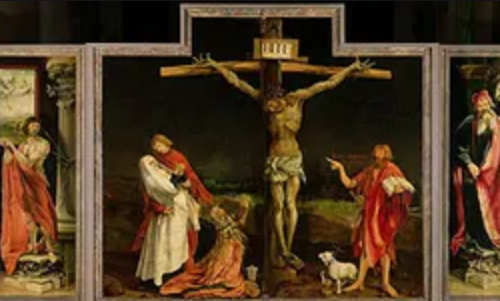The Dark Net opens with an account of a chilling website, ‘Assassination Market’. Here you are invited to predict the time of death of well known public figures, with the promise of a cash jackpot if you guess right. But – would it just be a guess?
Much else lurks in the underbelly of the Net, on encrypted and password-protected sites devoted to crime, pornography and extremism. In the opening chapter, a survey of cyber-abuse, Jamie Bartlett traces the origins of trolling from the earliest days of the internet, via 1990s Usenet flame wars to today’s familiar examples – taunting families of the deceased, outing the identities of sexual exhibitionists or simply trying to shock and offend as many people as possible.
The chapter on political extremism (a topic Bartlett is familiar with through his work on the EDL) was less focused on arcane areas of the internet. Instead it offered an analysis of the role social media played in the origins of the EDL, as well as some interesting insights into how people get drawn into online political communities, echo chambers in which all their suspicions and concerns are readily confirmed. However some do venture onto enemy territory – Bartlett explains how the nationalists and their antifa enemies mirror each other in trying to infiltrate and discredit their opponents’ sites. Jamie Bartlett has met activists from both camps and describes their exaggerated anxieties before observing:
The reality is far more nuanced, but in their own closed universes they are both right … Neither is as bad as the other thinks. (70)
Although it’s fascinating to read about extremists and their opponents (and quite a few familiar names crop up) perhaps the most important fault line traced within The Dark Net is that between freedom and authority – both terms broadly understood. In the third chapter, ‘Into Galt’s Gulch’, Bartlett charts various libertarian impulses, including surveillance-eluding cryptography and Bitcoin, a digital currency which aims to circumvent corporate or government control. Probably the impulse of many is to champion those on the side of freedom. But promoting freedom is also the goal of people whose agenda may seem less welcome: Randian libertarians, underworld criminals, the Wikileaks crowd, and people who reflexively oppose established authority in any shape or form.
‘The balance societies endeavour to find between individual freedoms and state power is always in flux. Most of us accept that, even in democracies, we need to be spied on sometimes – but that it should be limited, proportionate and not misused.’ (101-2)
There are many different ways of accessing the dark net. In the chapter on child pornography, Bartlett explains that one site seems only to display legal images involving adults. However
If you’d arrived there via certain other sites in a certain order, a trigger would kick in and send you to a hidden version of the same webpage. This was known as a ‘disguised cookie site’. (p. 126)
Drugs are another banned commodity people can find on the dark net, and illegal dealers mimic the methods of reputable sites – well branded products, and swift, reliable service – to ensure a reputational advantage over their rivals. The author made a very small purchase (in the interests of research) and received this irreproachably polite message from a vendor who clearly made customer service a priority:
Hi there! My advice is that starting small is the smart thing to do, so no problem if you want to start with 1 gram. I would too if I were you. I hope we can do some business! Kind regards. (p. 153)
Another of Bartlett’s research tasks was to visit the house of a young woman called Vex and watch while she performed a live sex cam-show with two friends. Viewers – there are hundreds of them – have the chance to win a reward – some special act performed by the girls – when they leave a tip. On this occasion the booby prize, as it were, was ‘a firm handshake’. Even online, friendly relationships are forged with regular clients, and the shows are broken up with humorous banter and discussions about politics.
Although pornography is clearly open to abuse and exploitation – revenge porn for example – the chapter on anorexia is far more disturbing. This detailed the way in which apparently supportive online communities could help normalize dangerous weight loss regimes and provide advice on how to conceal self harm. Bartlett avoids demonising all those involved in such groups, but does highlight the various ways in which they may cause confused people to become more wedded to destructive lifestyles.
Bartlett is not a writer who makes snap judgments about the phenomena he describes or the people he met over the course of his investigation. Although the subject matter is often sensational, it is not sensationalized. Rather than moral panic, The Dark Net offers a balanced and judicious overview – and an absorbing and (where appropriate) amusing underview – of the internet’s hidden corners.
The Dark Net (London: William Heinemann, 2014), £20.00


